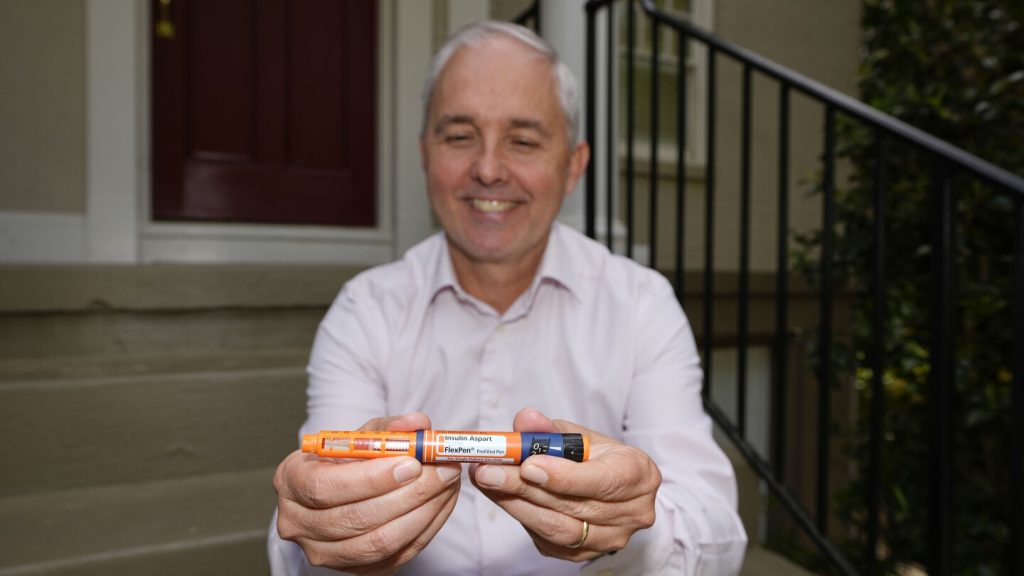President Joe Biden’s relentless focus on lowering insulin prices is a key element of his campaign strategy for the upcoming election. He often mentions a $35 price cap for the medication for Americans on Medicare, emphasizing it as a symbol of his commitment to healthcare reform. However, the impact of this policy is more nuanced than it may seem. While the price cap is beneficial to those eligible for it, many of them were already receiving insulin at reduced prices or were existing Biden supporters. Additionally, there are still many people who need reduced-price insulin but do not qualify for the price cap because they do not have Medicare or private health insurance.
The Biden administration’s efforts to lower insulin prices have included agreements with major drugmakers to cap co-payments at $35 for those with private insurance, potentially benefiting over 4 million older Americans. However, the president’s claims that some people used to pay up to $400 monthly for insulin are overstated. A Department of Health and Human Services study found that individuals with diabetes who had Medicare or private insurance paid an average of $452 annually, not monthly. Furthermore, the uninsured rate has fallen to record lows due to past healthcare initiatives, reducing the impact of high insulin costs on those without coverage.
Despite the limitations of the current policy, there are efforts to expand the $35 insulin cap to include individuals without health insurance. Senator Raphael Warnock is sponsoring bipartisan legislation to make the cap universal, highlighting the lifesaving and cost-saving benefits of such a measure. While the focus on insulin prices may resonate with voters like Yanet Martinez and Tommy Marshall, who have seen tangible reductions in their medication costs, there are still other pressing issues that may influence voters’ decisions in the upcoming election.
The Biden campaign views the insulin price cap as one of the president’s strongest issues, particularly among older voters and persuadable individuals concerned about drug costs. While the Biden administration’s approach to healthcare has garnered approval ratings, there are still significant challenges in garnering widespread support for their policies. According to polls, a majority of U.S. adults trust the Democratic Party to address healthcare affordability issues, but awareness of specific initiatives like the insulin price cap remains low. Despite these obstacles, Biden and his team are continuing to push healthcare reform as a key priority in their campaign strategy.
Overall, the issue of insulin prices reflects a broader political and economic landscape in which healthcare reform remains a pressing concern for many Americans. While Biden’s focus on the $35 insulin price cap has garnered attention and support from some voters, there are still challenges in ensuring that the policy reaches and benefits all individuals in need of affordable insulin. As the election approaches, healthcare affordability and access are likely to remain key issues for voters, shaping their decisions at the polls. Biden’s campaign will continue to emphasize his healthcare initiatives, including the insulin price cap, as a central part of his reelection platform.


